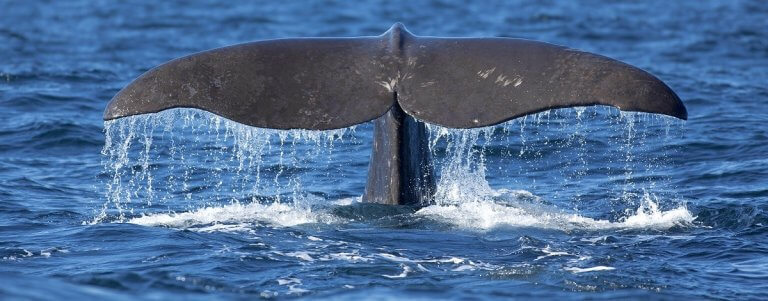
Aerospace engineering students at the University of Colorado Boulder are embarking on a whale of a project – they’ve been tasked to design an unmanned aerial system (UAS), or a drone, to research the communication patterns of – you guessed it – whales.
Sperm whales, to be exact.
The goal of the project by the 12-member Search and Help Aquatic Mammals UAS student team, aptly known as Shamu, is to decipher whale communication codes so that conservationists can protect the species from threats such as noise pollution.
“The most exciting thing to me is, it’s a real application of what I have been learning over the last four years. And it’s applied to something that is beyond commercial or defence. It’s for the conservation of life on Earth,” project manager Severyn Polakiewicz told Times Call.
“Sperm whale communication could be more sophisticated than human language.” Incredible interaction and info. https://t.co/CRhJsMttjp
— Rose De Dan (@WildReikiShaman) January 19, 2018
“It improves our environment and improves humanity and also reveals the intelligence of massive mammals.”
“And I think we should be understanding that intelligence on a better level because we do have the capability for it.”
If the team can get funding for their project, the drone may be launched from a scientific research ship in Sri Lanka. It will be able to capture whales up to 7.45 miles from either side of the ship before returning to land.
“I’m really proud of these students,” their supervisor, Aerospace Engineering Sciences Teacher, Professor Donna Gerren said.
“I guess what’s really captured my imagination is that most of our senior projects involve designing a rover to explore different planetary surfaces, or making a test stand for a small-scale rocket.
“But this uses engineering to help a biological species from becoming extinct. It’s very applied. Not in the future but for tomorrow.”
The group is trying to raise US$10,000 to launch their project through public funding.
University of Colorado Professor Emeritus Jean Koster said: “Many ocean biologists see the drone as a game changer for their research as they spend too much time and money on the oceans looking for whales to study them. The return on investment for the sponsor like the National Science Foundation could be increased significantly with our drone technology.”
Liked this? Then you’ll love…
Changing the world through agricultural research
New orangutan species discovered with help of ANU researchers







